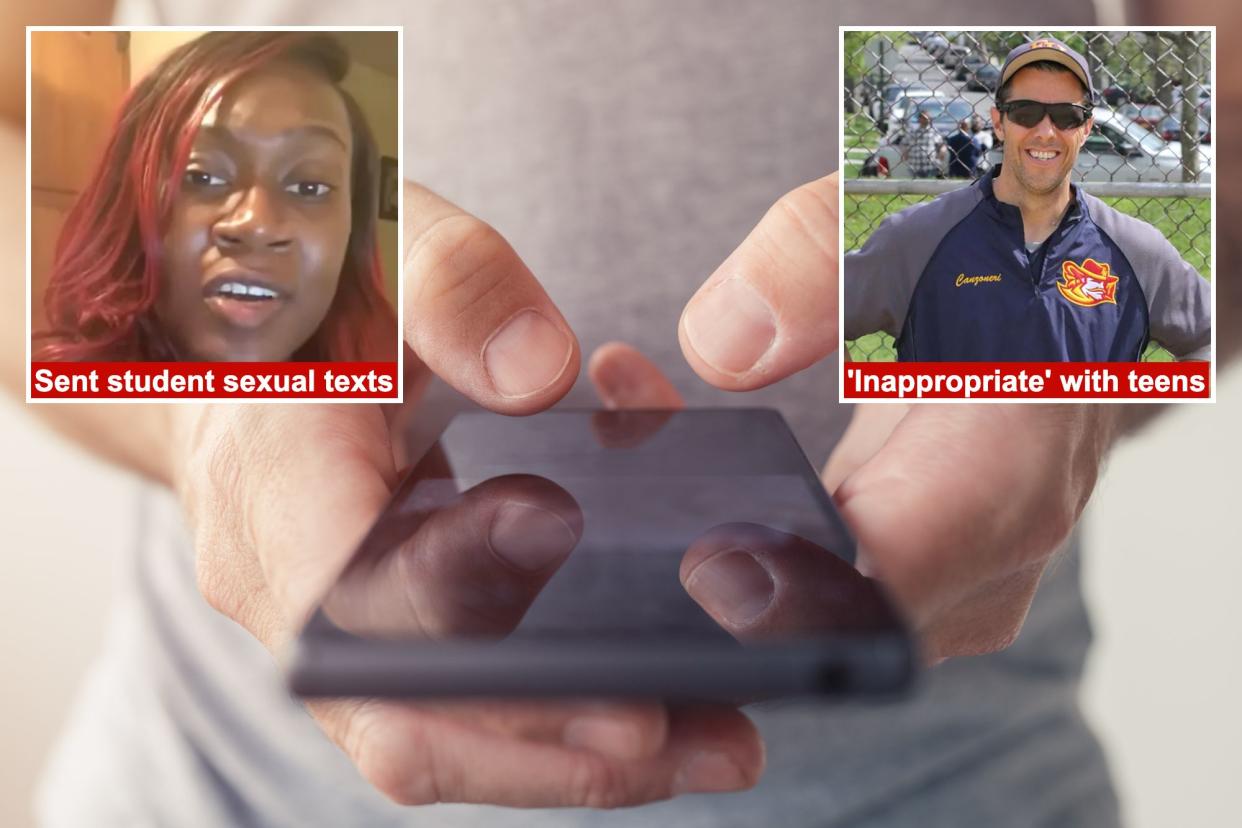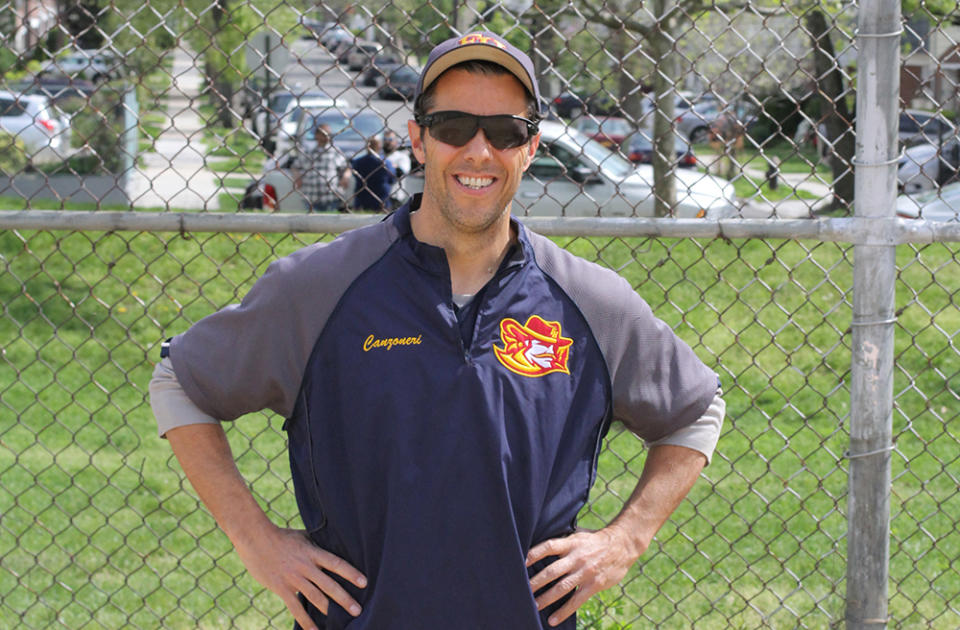Schools watchdog begs DOE to ban teacher-student texting in effort to stop sex abuse

Electronic sexual grooming by educators is an ongoing threat to students in NYC public schools — despite dozens of pleas from school investigators for DOE to stop student-teacher cell-phone contact, experts told The Post.
Since 2018, the Special Commissioner of Investigation for city schools has filed at least 41 formal recommendations urging the Department of Education to ban teachers and staffers from contacting students‘ personal cell phone numbers and social media accounts — most recently in a case filed April 16, records show.
But the DOE has refused to take heed, relying instead on toothless “social media guidelines” that “discourage,” but do not prohibit, such interactions.

“There is no reason that teachers should be contacting students privately on their private emails, on their private cell phones, especially on their social media,” said Dr. Elizabeth Jeglic of John Jay College of Criminal Justice, who researches institutional sexual abuse and grooming.
Texting is “part of the grooming process,”Jeglic said, a uniquely intimate form of contact that abusers use to “usurp parental guardianship.”
In the last five years, SCI has substantiated at least 89 cases of DOE employees using private text messages or personal social media accounts to have inappropriate, often sexually-charged conversations with students, The Post’s review of the records shows.


Top-ranked Townsend Harris HS in Queens was rocked by scandal in 2021 when student journalists revealed that teacher Joseph Canzoneri, then 53, had been found by SCI to have engaged in “numerous inappropriate acts” involving teenage female students, including intercourse and oral sex — all starting with flirtatious texts and Instagram posts.
“Canzoneri’s actions with these students indicates a pattern of ‘grooming’ . . . that threatens the wellbeing of these and other students,” Special Commissioner of Investigation Anastasia Coleman wrote in her report.
The same year, casual texts that Natalie Black, 26, a teacher at Hillside Arts and Letters Academy in Queens, exchanged with a 17-year-old male student quickly became sexual, as Black sent at least 15 raunchy photos and videos of herself “in lingerie or [in the] nude” to the boy, prompting her firing, The Post reported.


In 2022, paraprofessional Aaliyah Paul, then 19, displayed “predatory” behavior toward a 15-year-old male student at the Manhattan School for Career Development, SCI found, texting him 90 times in a 20-day period and calling him her “babyboy” after serving as a substitute in his school for less than a week. She was fired, according to DOE.
Sexual abuse of minors is “often a gradual process that involves desensitization,” said Erinn Robinson of RAINN, the national anti-sexual violence organization, who added that texting increasingly plays a central role.
“It may start with inappropriate conversation that leads to more sexualized conversation” once the perpetrator “has tested the waters,” she said.

